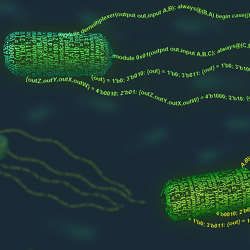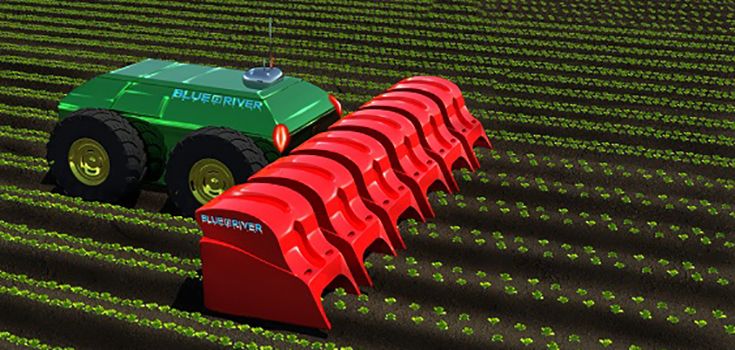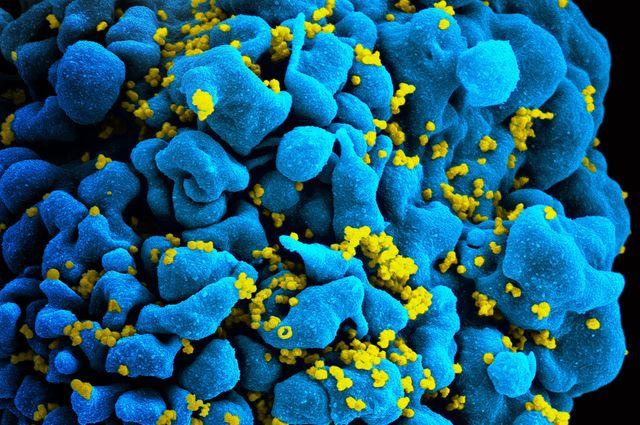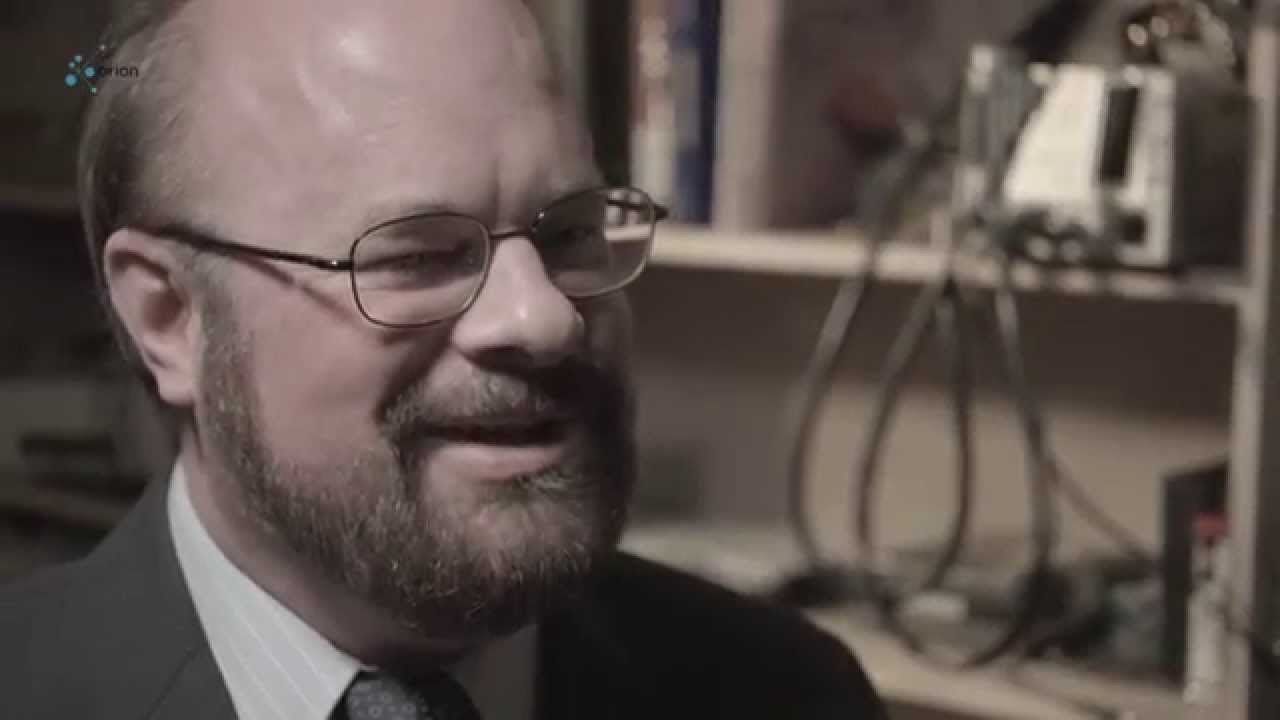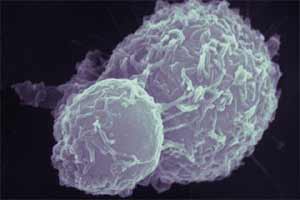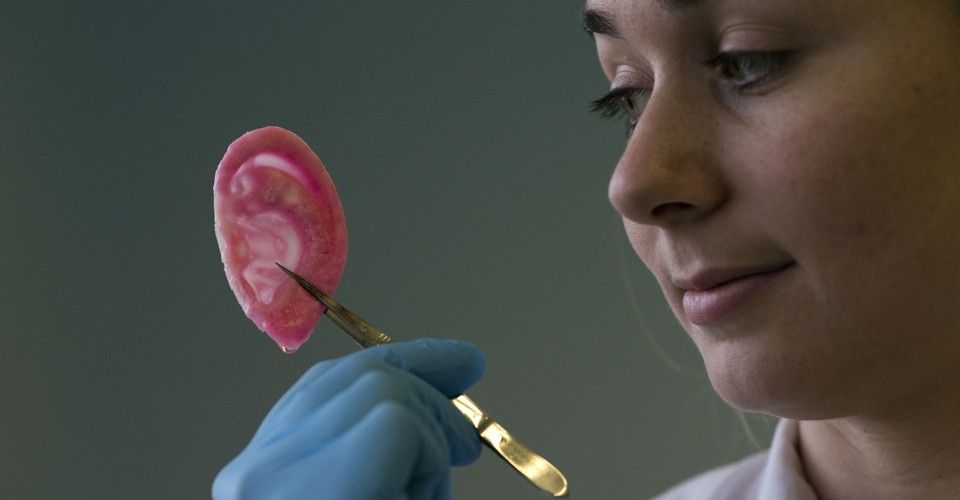With a new programming language, almost anyone create a DNA-encoded circuit.
Category: biotech/medical
Should all new technologies be used?
At the head of all this you will hear about the latest technology from the biotech world, such as CRISPR, that allows scientists to edit the very genome of a plant or animal, but not all technologies that can be used should be used.
While learning to grow massive quantities of organic food in urban landscapes without pesticides is great news, taking away human oversight from farming isn’t necessarily going to make our food better.
AWESOME.
New UCLA research suggests that a gene-based immunotherapy that has shown promising results against cancer could also be used against HIV, the virus that causes AIDS.
In a study to be published in an August issue of the bi-monthly peer-reviewed Journal of Virology, researchers with the UCLA AIDS Institute and Center for AIDS Research found that recently discovered potent antibodies can be used to generate chimeric antigen receptors, or CARs, that can be used to kill cells infected with HIV-1.
CARs are artificially created immune T-cells that have been engineered to produce receptors on their surface that are designed to target and kill specific cells containing viruses or tumor proteins. The use of these chimeric receptors is currently the focus of gene immunotherapy against cancer, but they could also be used to create a strong immune response against HIV, said Dr. Otto Yang, professor of medicine in the division of infectious diseases at the David Geffen School of Medicine at UCLA and the study’s corresponding author.
Sure, chatbots are useful for service industries like hospitality and food delivery, but in health care? Some groups are testing the use of chatbots to retrieve medical information from within a messaging app. At first glance, that seems a bit impersonal, but a closer look reveals a wide range of use cases where bots could make your next visit to the hospital, doctor’s office, or pharmacy faster and more effective.
Let’s run this back a bit. If you’re not familiar with bots, here’s a brief explanation. Bots are software applications that run automated tasks or scripts that serve as shortcuts for completing a certain job, but they do it faster (a lot faster) and with verve. And in health care, we spend a lot of time spent generating and retrieving information.
By putting a trained army of bots inside an application — smartphone, desktop, whatever-top — health care workers can rapidly improve throughput by simply cutting out a bunch of steps. That’s something most care providers today would welcome, especially with millions of new people entering the system as a result of the Affordable Care Act and the aging of baby boomers. With the crush of increased data entry and new regulations, costs and rote work are skyrocketing.
Back in 1992; me and another peer who worked with me on ORNL’s ELIMS use to wish we had this technology then. And, now it looks like we’re getting closer to this capability.
An Algoma University professor has made strides in developing technology that lets ALS patients compose emails without typing.
Computer science professor George Townsend has developed the P300 Speller, a device that measures and reacts to the brain’s “surprise element” to recognize of letters of the alphabet.
The interface consists of an EEG (electroencephalogram) amplifier, an electro-cap made of spandex, and small metal electrodes that are placed over the scalp.
Researchers have discovered that mutation in a gene can led to a form of hereditary colon cancer which was not identified earlier. The researchers discovered genetic changes in the MSH3 gene in patients and identified a new form of colon cancer.
“The knowledge about molecular mechanisms which lead to cancer is also a precondition for the development of new targeted drugs,” said Stefan Aretz from University of Bonn Hospital in Germany.
The formation of large numbers of polyps in the colon has a high probability of developing into colon cancer, if left untreated.
